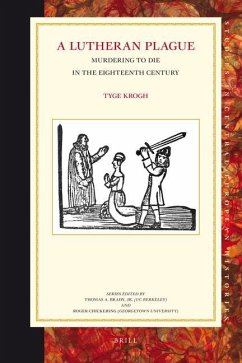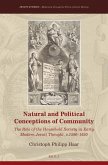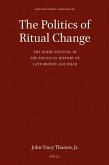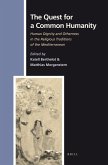Suicide murders - i.e., killings in order to be executed - were alarmingly frequent in eighteenth-century Lutheran Europe. The book traces the murderers motives - an investigation that leads to the Pietist care for death convicts, into central elements of Lutheran soteriology and to the idea of capital punishment as being divinely ordained. At dræbe nogen alene for at blive henrettet!. Sådanne mord var alarmerende hyppige i 1700-tallets lutherske Europa. Bogen eftersporer mordernes motiver - en undersøgelse der fører til den pietistiske omsorg for dødsdømte, til centrale dele af den lutherske frelseforståelse og til forestillingen om, at dødsstraffene var direkte beordrede af Gud.
Hinweis: Dieser Artikel kann nur an eine deutsche Lieferadresse ausgeliefert werden.
Hinweis: Dieser Artikel kann nur an eine deutsche Lieferadresse ausgeliefert werden.








